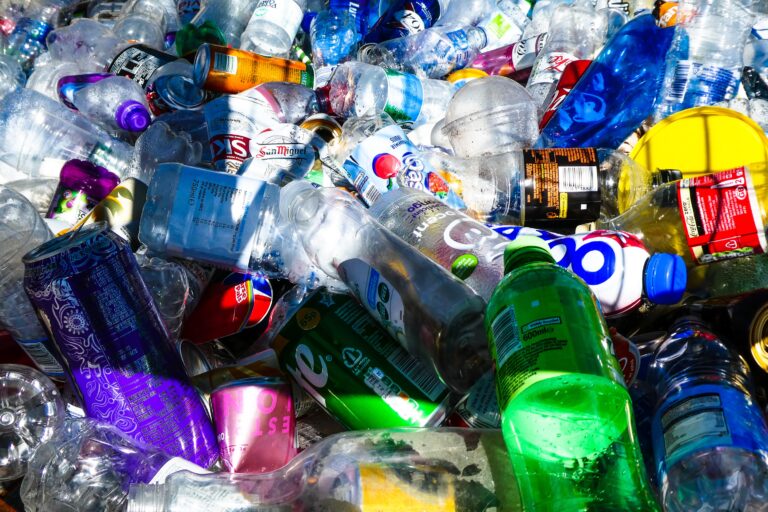Case studies about involvement of the informal sector in the collection of PET bottles
RWS Environment is carrying out the Government to Government programme for the RVO. They support several municipalities and organizations on waste management issues in Colombia. One of the activities involves the support of the National Business Association of Colombia (ANDI). ANDI represents the private sector interests and more than 110 businesses from different sectors of industry are member. ANDI expressed its wish to organize a workshop about waste policies regarding packaging materials on April 9, 2014 in Bogota and included a part in the programme about integrating the informal sector.
RWS Environment requested WASTE to analyze and present case studies showing involvement
of the informal sector waste collection and recycling generated from packaging. Case studies
from South Africa and Ecuador were selected to be presented during the workshop in Bogota.
South Africa because it has similar characteristics to Colombia and a strong developed recycling
industry without support of government policies. Furthermore, South Africa has a large
community of waste pickers. Ecuador was chosen because it had just recently implemented a
deposit fee on used bottles resulting in very high collection rates of PET bottles.
A mission took place from April 1 to April 10 to analyse the proposed case studies and to
present the results at the workshop of ANDI in Bogota on April 9. In both Ecuador and Colombia
various stakeholders in the (PET bottle) recycling chain were visited and interviewed: waste
pickers, sorting centres, recycling industry and government.
Although the original case study from South Africa looked at the whole recycling sector, this
report will be focussing on one packaging material only: PET bottles. Chapter 2 introduces the
global collection and recycling of PET bottles in a general way. Chapter 3,4,5 describe the
situation regarding PET bottle collection and recycling in the three different countries: South
Africa, Ecuador and Colombia. Chapter 6 ends with the lessons learned from this research.
This publication was developed (2014) by WASTE adviser Sophie van den Berg.

